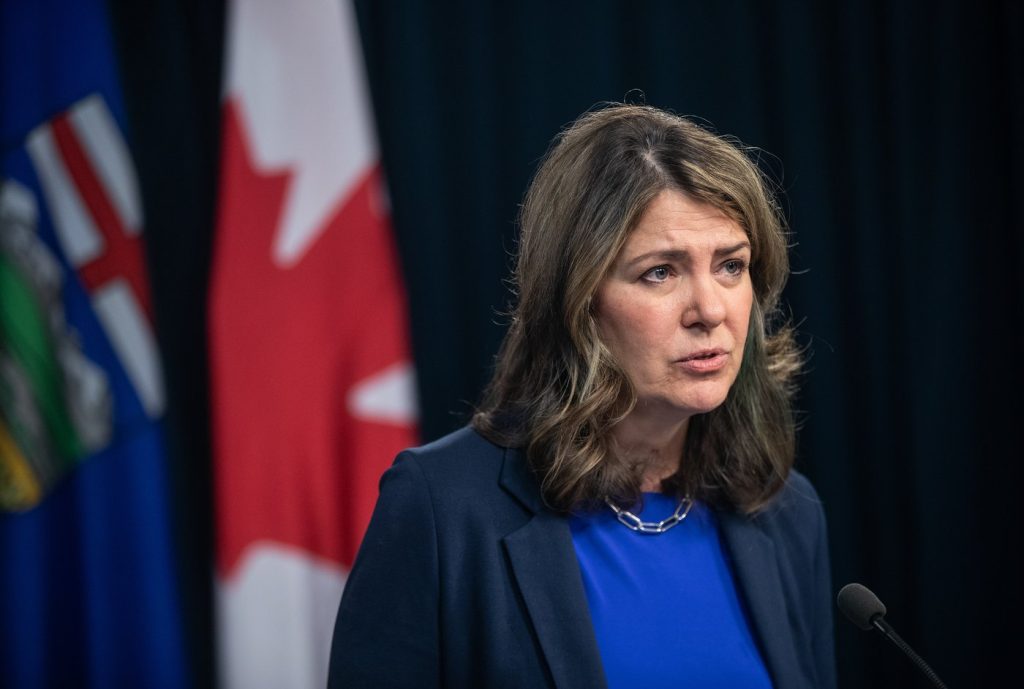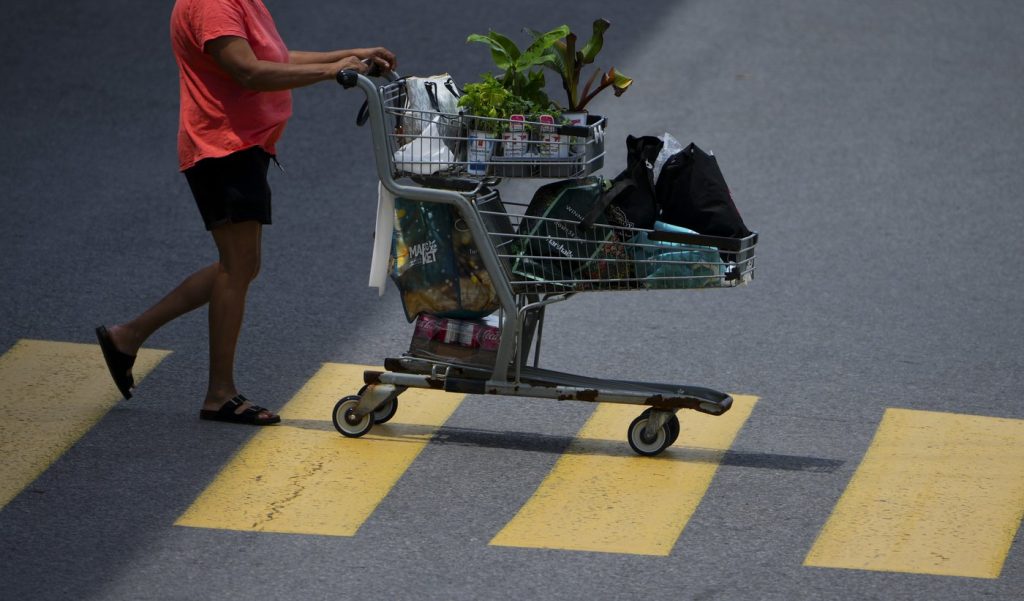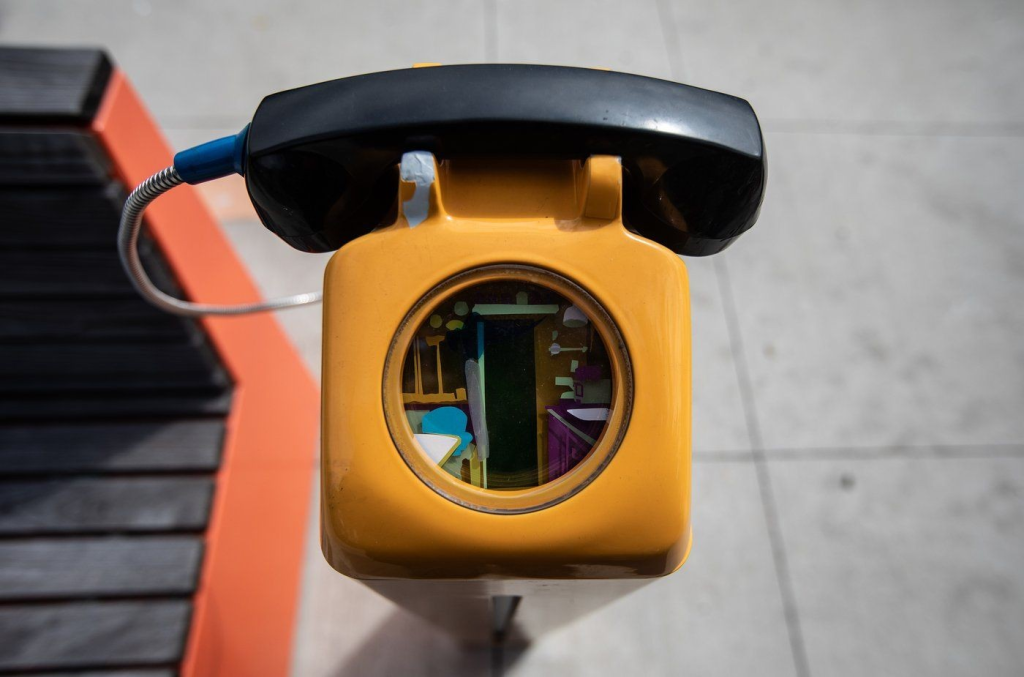‘A history-making day’: Calgary council approves new arena
Posted July 30, 2019 5:04 pm.
Last Updated July 31, 2019 2:04 pm.
This article is more than 5 years old.
CALGARY – City Council has voted in favour of spending $275 million of public money on a new arena to replace the aging Saddledome.
The city and Calgary Sports and Entertainment announced last week a tentative agreement that would equally split the cost of a $550-million sports and entertainment centre.
It’s a three-way deal, with Calgary and the Calgary Sports and Entertainment Corporation splitting the cost, while the Calgary Stampede was also part of the deal as the new arena will be built on Stampede land.
In an afternoon filled with debate, it came down to a vote of 11-4 to approve the arena and event centre.
After the approval was given, Ward 6 Councillor and Event Centre Assessment Committee Chair Jeff Davison hailed it as a transformative moment.
“I think this is an incredible day, a history making day for the citizens of Calgary,” Davison said.
Councillors Evan Woolley, Druh Farrell, George Chahal and Jeromy Farkas voted against the agreement, with most of them citing concerns over a lack of public engagement.
After the tentative agreement was announced on July 22nd, there was only a week allowed for public engagement.
Councillors Woolley and Farkas made a last-ditch effort to extend that process, but City Manager Glenda Cole announced at the beginning of Tuesday’s session that the extension would not be granted.
Cole added that it was the assumption of all parties that the decision would be made on Tuesday, and they could not suddenly change it.
In voicing his opposition, Woolley said he doesn’t know why the deal was being rushed through, adding it “sounds like a bullying tactic.”
WATCH: Calgary will be getting a new arena
Ward 11 Councillor Jeromy Farkas voiced his opposition days before the meeting, and elaborated in his speech.
“I don’t believe this deal is in the best interest of Calgarians,” he said, adding that if the deal is as great as it is billed, then it would stay just as good if they waited a little longer.
But earlier, Barry Munro — who is with Ernst and Young and was the lead negotiator through the process — pushed back on this notion.
“Time creates uncertainty,” Munro told council. “And uncertainty creates risk.”
Munro said it was historic for the three parties to be able to align their values at the same time, and they had to seize the opportunity provided through the momentum of their negotiations in reaching this agreement.
Despite the short amount of time given to citizens, more than 5,000 submissions were made to the city, something Mayor Naheed Nenshi said was unheard of.
Councillor Chahal also expressed disappointment over a lack of answers to questions surrounding land transactions, while Councillor Farrell was more concerned about too few details on how the arts community may benefit from a ticket tax tied into the deal.
READ MORE: A mix of boos and applause as City give arena deal thumbs up
Davison doesn’t hold any hard feelings against his colleagues who tried to strike down the deal.
“Everybody has to weigh the merits of every deal on their own, and everybody brings their own perspective,” he said. “We’ll have many ups and downs as a city council, many different issues will come forward, and you weigh them as they come and go. That just happens.”
Nenshi stressed throughout the process that the people of Calgary must see a real benefit to their money being used in such a fashion.
“For years, I’ve been saying any investment of public money must have public benefit. This deal does that. It’s a fair deal. I’m pleased that it will allow us to move forward on the important work of city building, especially in east Victoria Park,” Nenshi said in a release.
READ MORE: Economist sees new Calgary arena as good investment
As the vote was approaching, he said he does not believe there will be massive economic gains directly derived through the new arena, but it will lead to societal benefits, residual benefits to businesses, and speedier development of the Rivers District.
Nenshi hoped this will put to rest any concerns from the public that council lacks conviction.
“I’d rather live here than anywhere in the world precisely because we dream big and we get things done,” Nenshi said.
The mayor also expressed some regret he was not able to sift through every single public submission as he had earlier hoped, though he added there is more that factors into a decision such as this.
“I also have to use my own judgment. I am privy to living and breathing the city’s finances and the city’s future every minute of my life. So as a result, I have to apply that filter as well as the filter of public input as we make our decisions, and ultimately this was the right decision to make,” he said.
Another common refrain from opponents to the deal was that the city was subsidizing millionaires and billionaires by providing $275 million of public funds for a building that will ultimately be operated by a private company.
Calgary Flames CEO Ken King said that was not the case.
“We don’t want billionaires and millionaires to be subsidized either,” he said. “What we like is four men with a vision for the city, who are prepared in this day and age to put up $275 million to participate in a really important segment of our city. That’s what we’re proud of.”
Vision was a common word used in the debate, as well as momentum.
Councillor Davison said they can use this decision to boost business and restore falling faith in the abilities of city council.
“This city council has demonstrated that we have a vision and a plan to move forward and it’s incumbent on us to build that public trust and that investor confidence back in our city, and I think this project will achieve that.”
The abilities of Munro were highly touted by supporters in the council chambers, as he was hailed for bridging the gap between the parties after negotiations fell apart in 2017.
“Momentum is a word,” said King. “But when you have as many complex elements to a deal, and everyone agreeing, that’s the time to execute.”
The agreement is for 35 years, which keeps the Flames in Calgary for that term, with options to extend it.
The Flames will also be covering all of the operating costs and any potential renovations to the new arena, to reduce costs on the city.
In return, the city will receive money in parts through a facility fee, property taxes on street-facing businesses in the building, and naming rights.
However, the biggest crux on returns for the city are the indirect ones — meaning the estimated property tax generation through development in the Rivers District.
WATCH: A look at arena gains and losses
The Flames ownership group will also be donating $1.5 million to community sports in Calgary every year.
The soonest shovels will go in the ground is 2021 with an expected grand opening for the new facility in 2024.
It also comes with the caveat that the Saddledome will be demolished — with the city absorbing 90 per cent of the cost of tearing it down — though Nenshi did leave the door open for it to be preserved, only if someone comes up with a brilliant idea to use it for something else.
The whole process has been a wild ride for all parties involved, especially for King, who quipped that he hoped the building would be finished “by next week”, but is excited for what the future holds.
“The most fun will be proving to the city of Calgary that we can exceed their expectations that this really is a great deal,” he said. “And we will over-achieve.”








